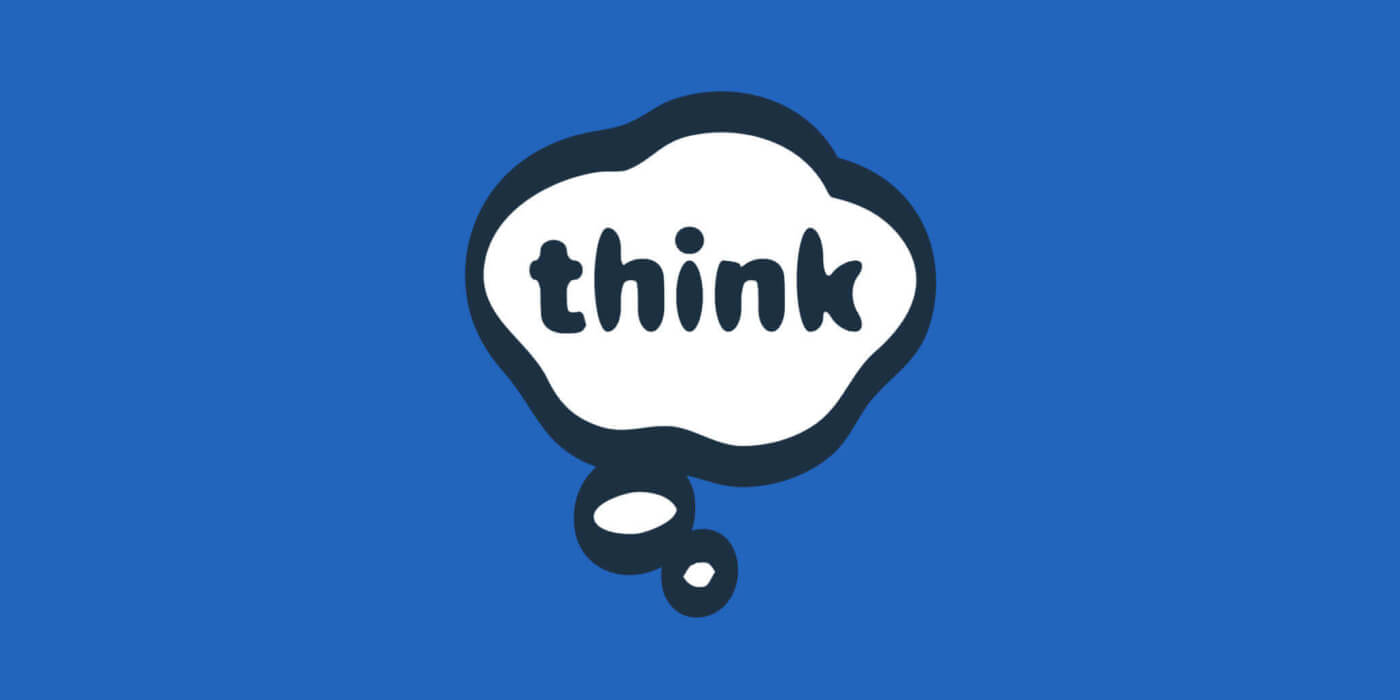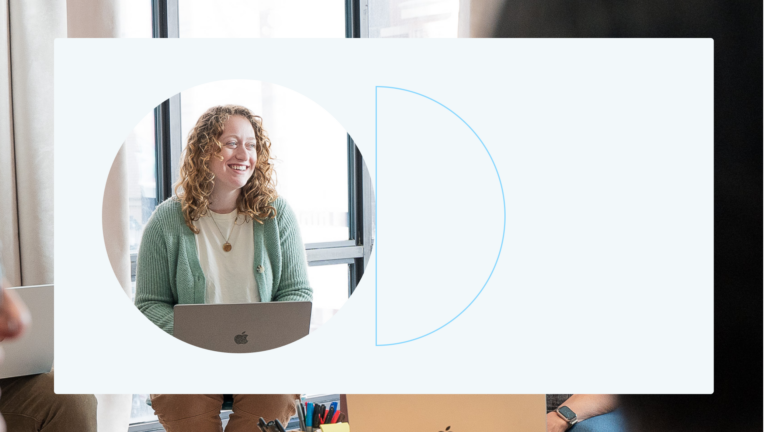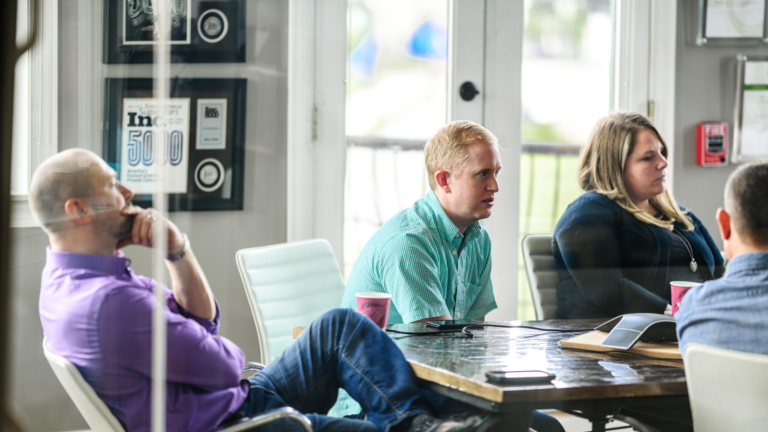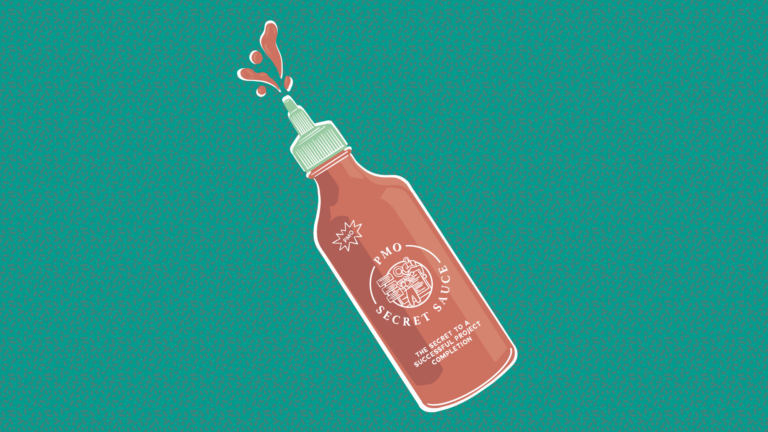Project Management & The Art Of Mindfulness

Folks at Think Brownstone are passionate about the idea of bettering themselves; they’re interested in continuous improvement of their design abilities and discipline, their interactions with others, and any number of personal/extracurricular pursuits. Me personally, I’ve been challenging myself lately to explore the (admittedly trending) philosophical marvel of “mindfulness” a little more.
My original intention was to only improve my personal self, but I had no idea at the time how much carry-over there would be to my professional self. My self improvement journey has had a major impact on the multiple dimensions that make up who I am as a whole person.
“Mindfulness” is a hot topic these days, with articles posted on trendy sites, regular segments on networks like OWN, and of course its long-standing reference in the practice of yoga and meditation. In its simplest form, it is the keen awareness of what’s around us right here and now. The academic definition of the term, originating from Buddhism, is the “intentional, accepting and non-judgmental focus of one’s attention on the emotions, thoughts and sensations occurring in the present moment.”

My first step was to read numerous self-guided spiritual awakening books that forced me to look into the depths of my soul in order to both analyze my present life and visualize the one I want to live (not totally unlike our visioning process). That led me to meditation, and since I have begun that practice I’ve opened my mind, attitude, and heart to a more mindful way of living. It was a humbling journey through the chaos of the mind and spirit, but the outcome is that I’m significantly better equipped to manage and handle all that life (and work) throws at me.
That said, I’d like to share my perspective of what I learned from the practice of mindfulness and how it positively improves my approach to work and professional interactions as a Project Manager.
Working on being truly present in conversations has allowed me to be anchored in the moment and actively listen to what someone is saying and, equally important, not saying. Interactions are simply more meaningful when people feel truly heard—this pays immediate dividends in better-formed relationships and partnerships.
My Experience: When one of my team members is experiencing a challenge and they come to me for advice or guidance, I am now better able to tune in to what they’re communicating. Being present allows me to focus on the moment and see issues clearly so that I’m able to provide thoughtful and well-constructed solutions.
Mindfulness allows you to connect with yourself, so you can identify and expand beyond your personal limitations to better connect with others. There’s a shift that occurs and allows you to start to flex your style to accommodate the different types of personalities and styles that you’re interacting with. When you meet someone in his or her comfort zone, they are met with compassion and feel understood.
My Experience: I’ve cultivated many client relationships and I interact with each one differently. I’ve worked on shifting my communication style, my delivery, and my personality based on what works best for the individual(s). I look at myself as a “chameleon” of sorts; I have the ability to adapt to what will serve everyone best.
Mindfulness teaches us to live in the present to reduce the stress that comes from being too focused on the past (which is gone and unchangeable) or the future (which exists only in the mind). Of course it’s part of a PM’s job to anticipate and mitigate certain situations, but at the end of the day we have limited control over the circumstances that could result in the plan changing. In a mindful state, you are more open to the shifts and therefore able to handle things in a more calm and clear state of mind.
My Experience: It’s the PM’s job to plan appropriately, get out in front of issues and develop mitigation strategies. As hard as I work to get things in order and keep them that way, everything can, and often does, change in an instant. I have become more flexible, adaptable and less stressed when something doesn’t go according to plan. I don’t feel the anxiety that I used to; I simply breathe and mindfully step up to the challenge.
I’ve learned that I’m responsible for the energy that I bring into a space. Setting my intentions, slowing down and “mindfully showing up” has forced me to engage with people in a more compassionate and loving manner. It’s just a fact that there’s a greater return on every level when you send out these types of vibes.
My Experience: I choose to show up everyday to work with a positive, inspirational and grateful attitude. We all know the saying: “attitude is contagious.” You’ll attract the types of interactions you model. By choosing this approach, I have the power to motivate my team, leave a lasting impression on my clients, and make my own life a heck of a lot easier in the process.
I hope these small examples encourage you to want to be a part of the “be a force for good” movement. Mindfulness practice is an exercise, so the more you build those “muscles,” the better you’ll be at it and the more naturally it will come to you. I promise you this: if you stay committed to it, you will live a more meaningful, rewarding and expansive life.
Here are some sources that left an imprint on me, and I want to pay it forward:
“The Gifts of Imperfection” by Brené Brown
“The Untethered Soul: The Journey Beyond Yourself” by Michael Singer



